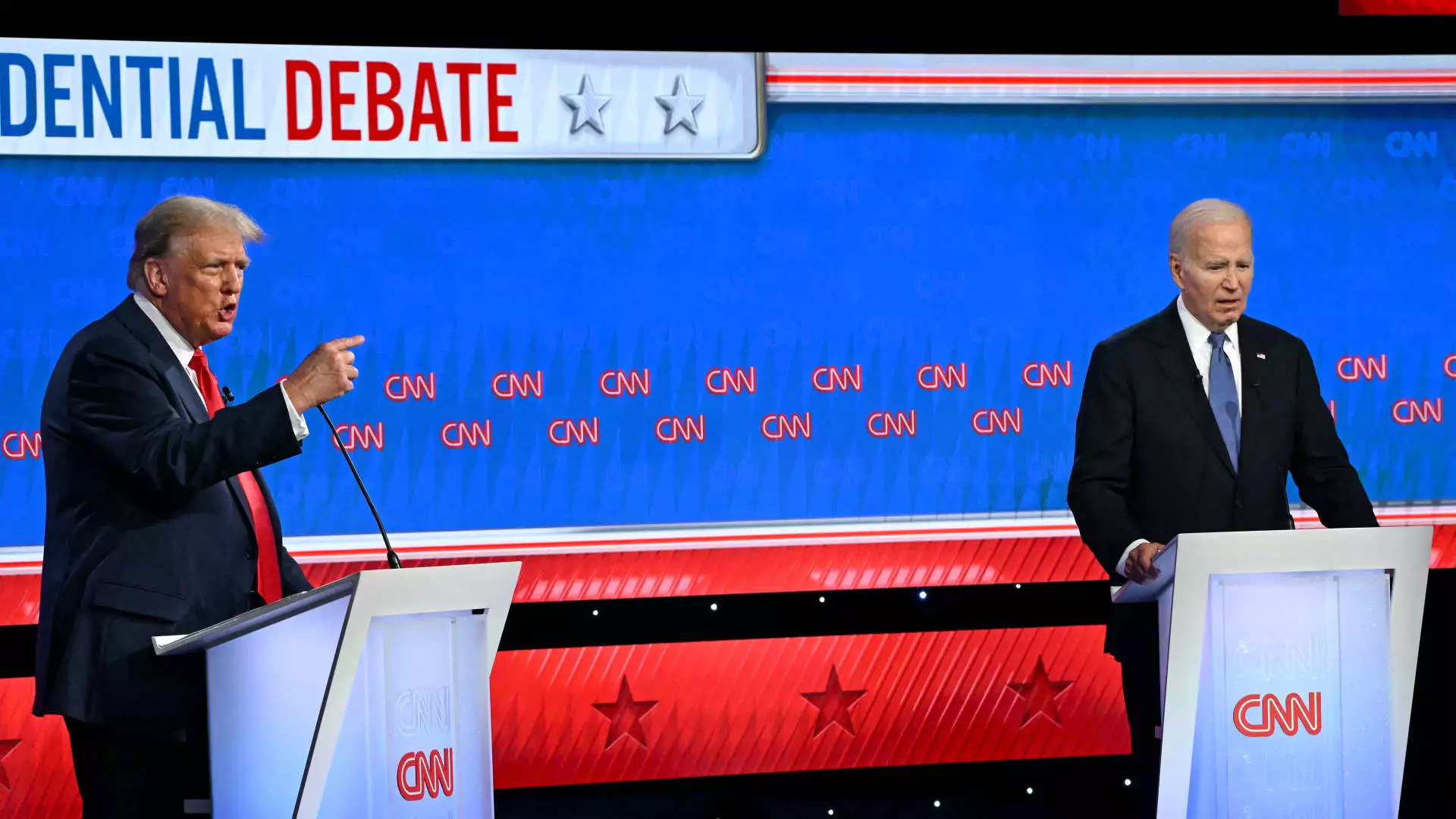As the presidential election between President Joe Biden and former President Donald Trump approaches, many investors are feeling anxious about the potential impact on their money. A survey conducted by investment company Betterment found that 57% of investors are nervous about the upcoming election, with 40% expecting to make changes to their investments based on the election outcome. Despite this anxiety, financial experts advise against making investment decisions based on political factors, as market performance tends to be influenced more by economic conditions that politicians have little control over.
The Role of Diversification in Market Stability
Financial experts recommend maintaining a diversified portfolio and focusing on saving instead of making investment decisions based on political outcomes. Cathy Curtis, a certified financial planner, emphasizes the importance of not making large bets against one candidate winning over another, as the economy tends to remain stable regardless of the party in office. Keeping a well-diversified portfolio can help mitigate risk and provide stability during uncertain times, regardless of the political landscape.
Managing Anxiety and Investor Behavior
With the rise in political polarization, investors are increasingly blending their political opinions with their investment strategies. However, experts caution against letting political beliefs drive investment decisions, as historical data shows that presidential elections have not significantly impacted market performance. While some investors may feel anxious about the potential outcome of the election, it is essential to focus on long-term financial goals and avoid making impulsive decisions based on short-term political events.
Despite concerns about the impact of presidential elections on the stock market, historical data suggests that market returns during election years do not differ significantly from nonelection years. According to an analysis by J.P. Morgan Private Bank dating back to 1928, the S&P 500 has returned an average of 7.5% in presidential election years, compared to 8% in nonelection years. This data highlights the resilience of the stock market and the limited influence that presidential candidates have on overall market performance.
When considering the potential impact of the election on their portfolios, some investors are opting to increase holdings in savings accounts. While having a cash reserve can be a smart move, experts warn against keeping too much money on the sidelines and missing out on potential market opportunities. With current high rates on savings accounts and low-risk investments, investors can strike a balance between holding cash reserves and participating in the market to achieve long-term financial growth.
While uncertainty and anxiety may arise during presidential election years, it is important for investors to remain focused on their long-term financial goals. By maintaining a diversified portfolio, avoiding impulsive decisions based on political events, and staying informed about historical market performance, investors can navigate through uncertain times with confidence and achieve financial success.

